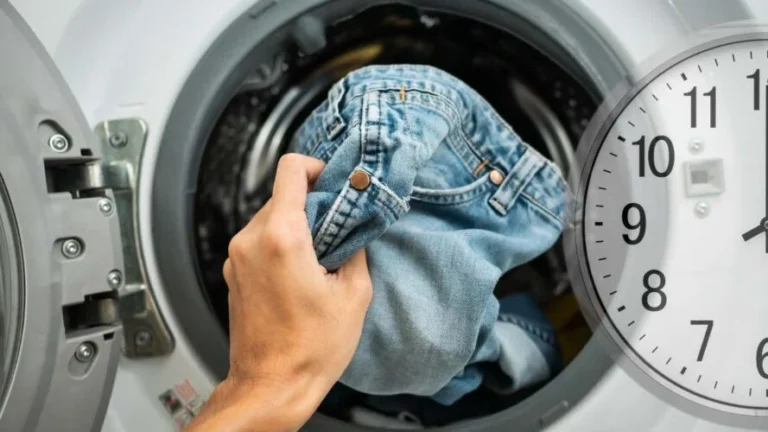Who should pay the outstanding condominium fees?
In condominiums, it can sometimes happen that there are defaulting tenants, but in these cases, who is responsible for clearing up the balance?Assembly-Imilanesi.it
Often the administrator of a condominium has to deal with tenants who do not pay their debts on time. And this then leads to possible budget holes , and the consequent suspension of various services.
Therefore, if you do not want to incur the inconveniences that could result , such as the failure to clean the stairs , the maintenance of any lift up to the suspension of utilities , it is better to pay off the payments still pending as soon as possible .
But, in the event that there are outstanding expenses , who should pay? And what is the process that the administrator must follow in order to recover the money? According to article 11030 n. 3 of the civil code the administrator can collect contributions.
With these you will have to pay for all those services useful for the functioning of the condominium in its common areas. And he can also proceed through legal action if the debtor does not pay within six months of the completion of the works.
“Morosi Fund”
And it can do it even without requesting authorization from the condominiums. In fact, he can appoint his own trusted lawyer to obtain a provisionally enforceable injunction from the court .
If the debtor does not pay within 10 days of receiving the judicial document, then the condominium owners can also intervene and even auction the debtor’s house. The condominium assembly can exempt the administrator from taking action against debtors if they are experiencing difficult economic times .
It is not sufficient, however, for the administrator to send a simple letter of formal notice . He must necessarily initiate legal proceedings through a lawyer . A possible solution to remedy missed payments is to set up a “default fund” .Condominio-Imilanesi.it
To do this, however, you need unanimous acceptance from all tenants. Unanimity is necessary because often, in these cases, those who pay are the condominium owners who follow the rules compared to those who, instead, sometimes do not pay .
Without unanimity, the general principle of the law which provides for the distribution of all quotas on the basis of thousandths would no longer exist . The ” default fund” can be approved with a majority only in particular cases.
New owner
Such as, for example, a serious imminent risk and danger for the condominium itself such as the breaking of the roof . The expenses of a delinquent tenant can be covered by the new owner if the house is sold .
The new owner will, however, only have to pay those of the year in which he purchased the apartment and those of the previous year . The new owner can, however, request compensation from the person from whom he purchased it.






